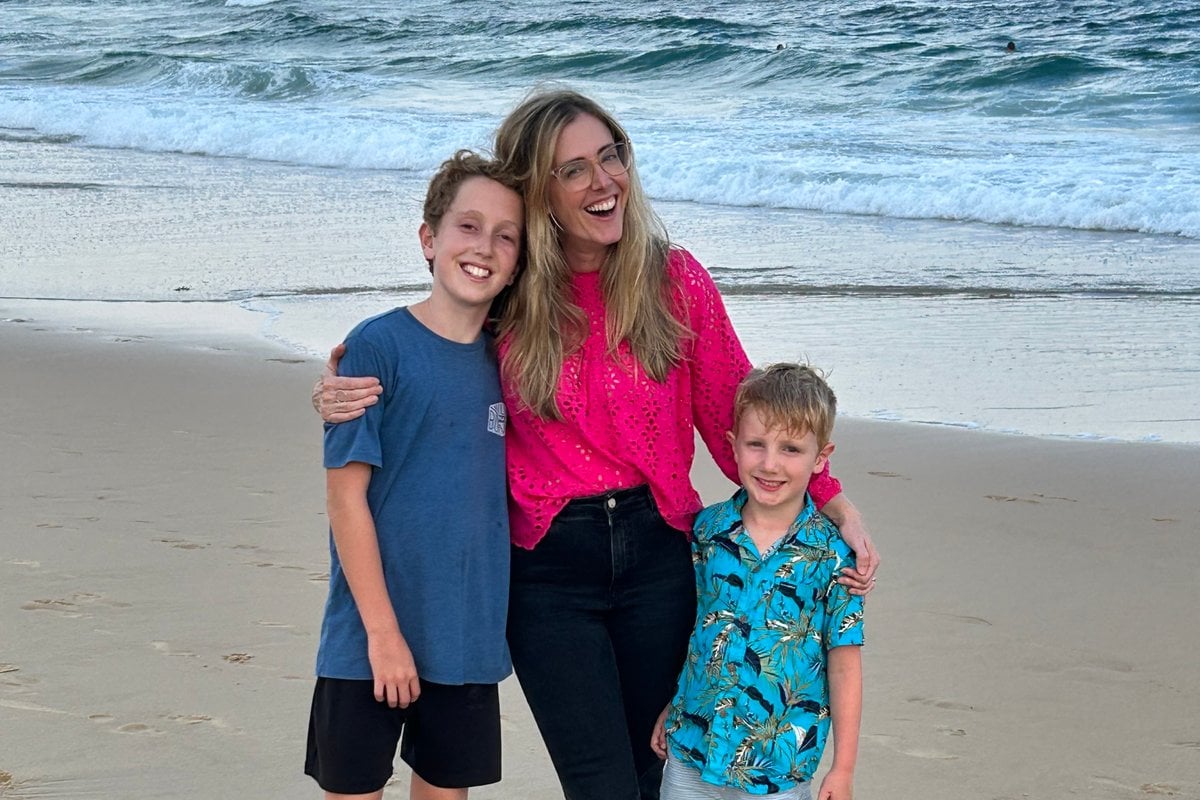
A few months ago as my eldest son was leaving for school, I started welling up with pride and emotion. He looked so grown up as he confidently strode out the door that his whole 12 years of life suddenly flashed through my mind.
As he gave me a hug, he noticed the tears and asked me why I was crying. I stumbled through a vague answer about feeling premenstrual and that I was fine and I loved him and off he went. Occasionally we laugh about the time Mum cried on that random Tuesday morning, but because my tears and emotions run close to the surface, he would not have been surprised by my outburst.
As someone who leans towards sensitivity and emotion, I have learnt there's a term for this type of parenting, and while I don't fully relate, I might just have some of its qualities.
The clicky phrase 'eggshell parent' has over 297 million views on TikTok and counting. It stems from the saying 'walking on eggshells' around someone who is prone to emotional unpredictability and moodiness.
Relatable, right?
Watch: How to parent 101. Post continues below.
I love my boys deeply and always try hard to do the right thing by them, but my big feelings, especially at certain times in my monthly cycle, can surface.
I might yell because of frustration that no one has put on their shoes after 20 minutes of gentle encouragement, and I might cry when looking at their baby photos or when we watch a sad Disney movie (hello, Up, Wall-E, Inside Out).




























































































